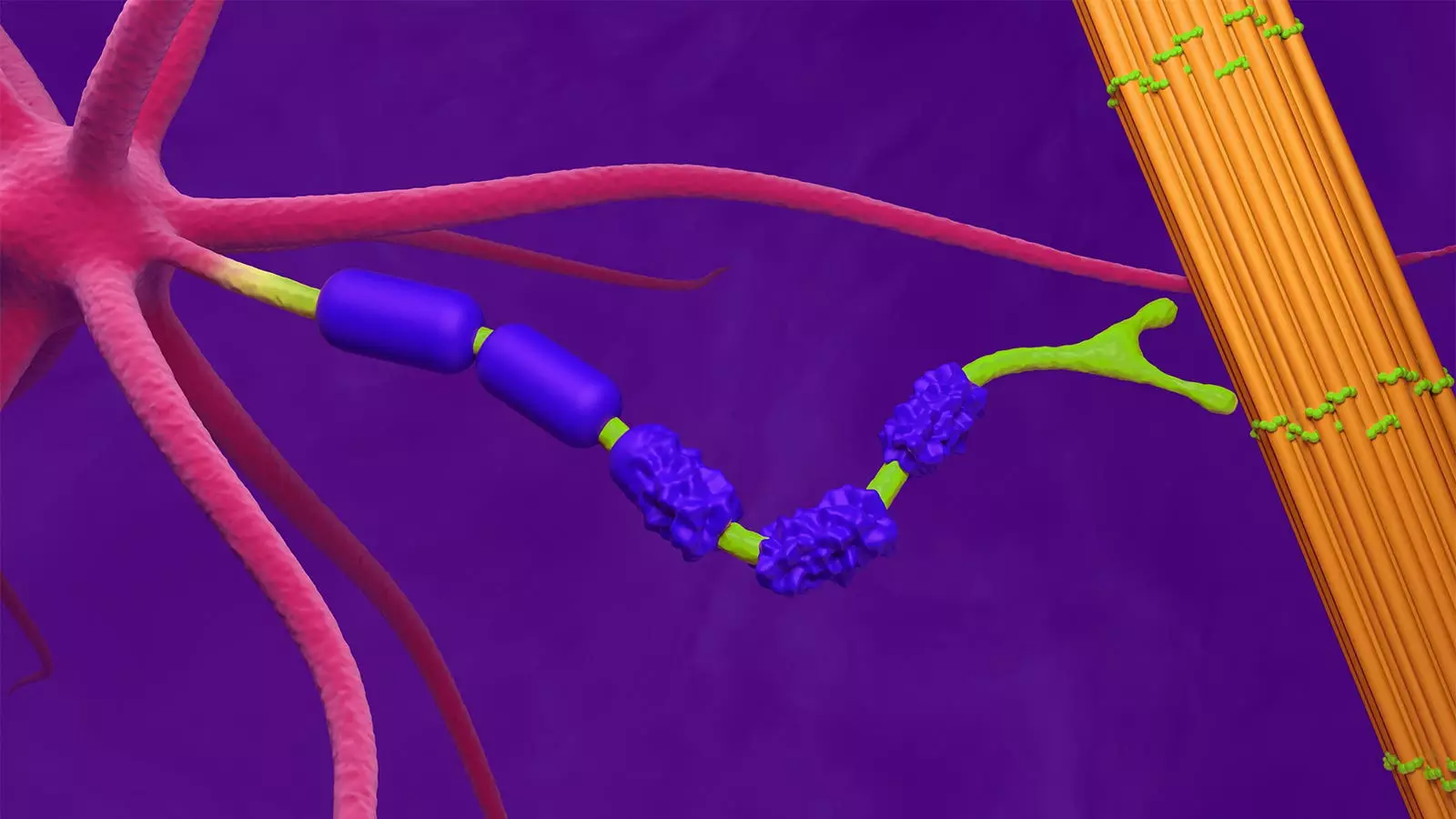The interplay between maternal health and chronic conditions like multiple sclerosis (MS) presents unique challenges, particularly during the peripartum period. Recent research sheds light on the elevated risk of mental illness among mothers diagnosed with MS, highlighting the urgent need for targeted interventions and support systems. Understanding these findings is essential for healthcare providers who manage the care of expectant mothers with chronic health conditions.
Maternal mental health is an intricate issue that affects not only the wellbeing of mothers but also the health and development of their children. A comprehensive study conducted using data from Canadian health records examines the prevalence of mental illnesses during pregnancy and the postpartum year among women with MS compared to other women. Alarmingly, the research found that approximately 42% of mothers with MS experienced mental illness during pregnancy, soaring to over 50% during the first year postpartum.
The data indicated a striking incidence rate of 8.4% for new mental health conditions in mothers with MS during the prenatal phase, which escalated to 14.2% post-birth. This trend raises important questions about how chronic conditions such as MS can exacerbate emotional and psychological stress during such pivotal periods of life.
The implications of untreated maternal mental illness are profound. Ruth Ann Marrie and her colleagues noted that untreated depression in mothers is linked to a multitude of issues, ranging from substance use disorders to increased risks of future depressive episodes, and, tragically, suicide. The ramifications extend beyond the mother’s mental state; children of depressed mothers are deprived of critical behavioral support and preventive healthcare, leading to potential long-term developmental challenges.
Mothers with MS exhibited a rise in substance use from 0.54% during pregnancy to 6% in the postpartum period, indicating a significant increase in risk associated not only with the illness itself but also the additional stressors of motherhood.
When comparing mothers with MS to those with other chronic conditions such as epilepsy, inflammatory bowel disease (IBD), or diabetes, the findings reveal that mothers with MS had higher incidences of peripartum depression, anxiety, and psychosis. This suggests that the complexity of MS, potentially coupled with its physical challenges, may intensify psychological stressors during the peripartum period.
The higher incidences of mental illness amongst mothers with MS highlight the necessity for more nuanced approaches to prenatal and postpartum care. It underscores the fact that these women may require tailored mental health resources and interventions that accommodate their unique health challenges.
The research emphasizes that simply relying on obstetricians and gynecologists to monitor the mental health of mothers with MS is insufficient. There is a documented gap in adequate perinatal care for this demographic—only 42% received adequate prenatal visits and ultrasounds in a population-based study conducted in France.
To address this, Lindsay Ross, MD, advocates for the implementation of validated screening tools for peripartum mental illness and substance use within routine prenatal and postpartum visits. Tools such as the Edinburgh Postnatal Depression Scale and SURP-P scale can be instrumental in identifying women at risk for mental health issues, allowing for timely intervention.
Additionally, healthcare providers must familiarize themselves with local mental health resources to facilitate appropriate referrals. The interconnectedness of a patient’s overall health, neurological well-being, and mental health necessitates an integrative approach to care.
Despite the insights gained from this research, the authors note that there are limitations within the administrative data used, particularly regarding the lack of details about the severity of mental illnesses and treatment statuses in mothers with MS. Future studies must delve deeper into understanding how MS disease activity and severity may impact the risk and nature of peripartum mental illness.
The exploration of these variables could illuminate further aspects of care required by mothers with MS and promote the development of research-backed, effective intervention strategies.
As we unravel the complexities of maternal health in the context of chronic conditions like MS, it becomes increasingly vital for health systems to adapt. The mental health of mothers is crucial not just for themselves, but for the future health of their children, marking a call to action for healthcare innovation and comprehensive support for mothers diagnosed with MS.

Leave a Reply